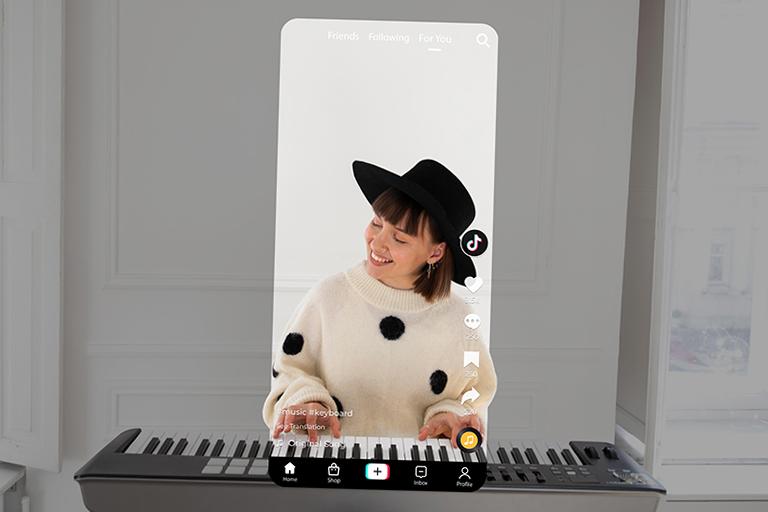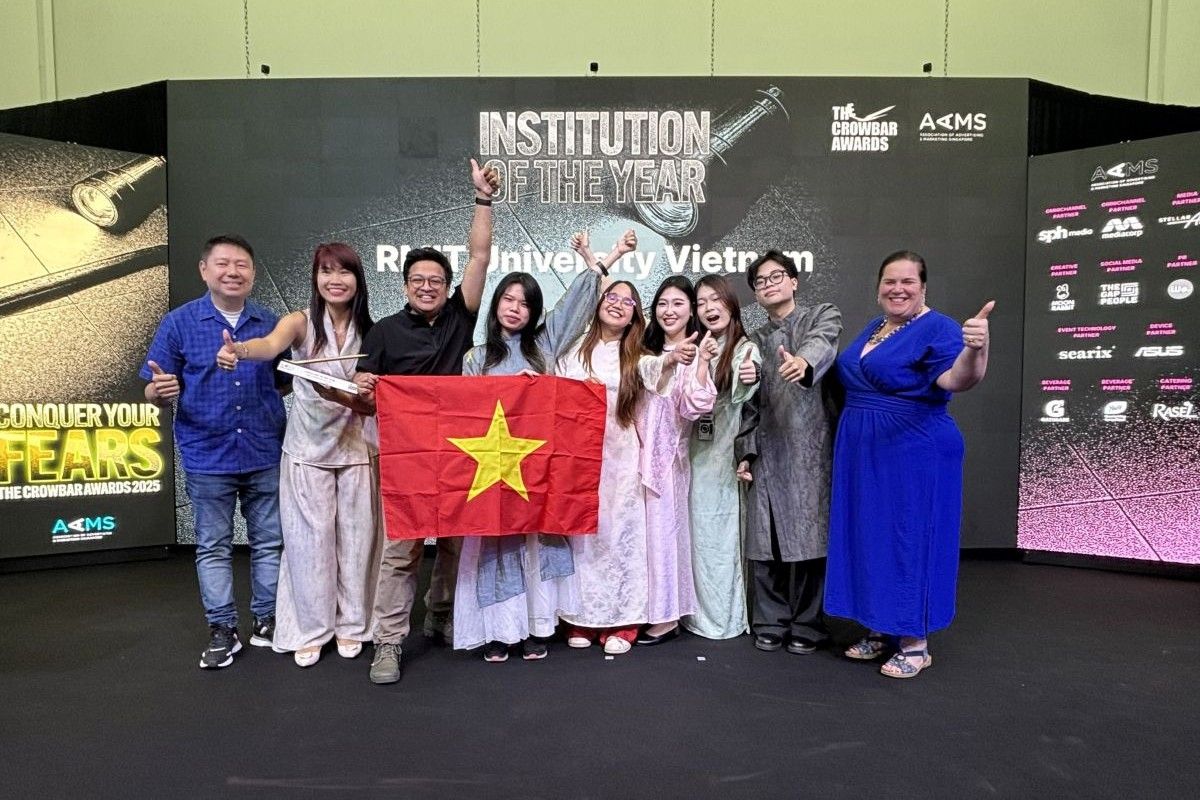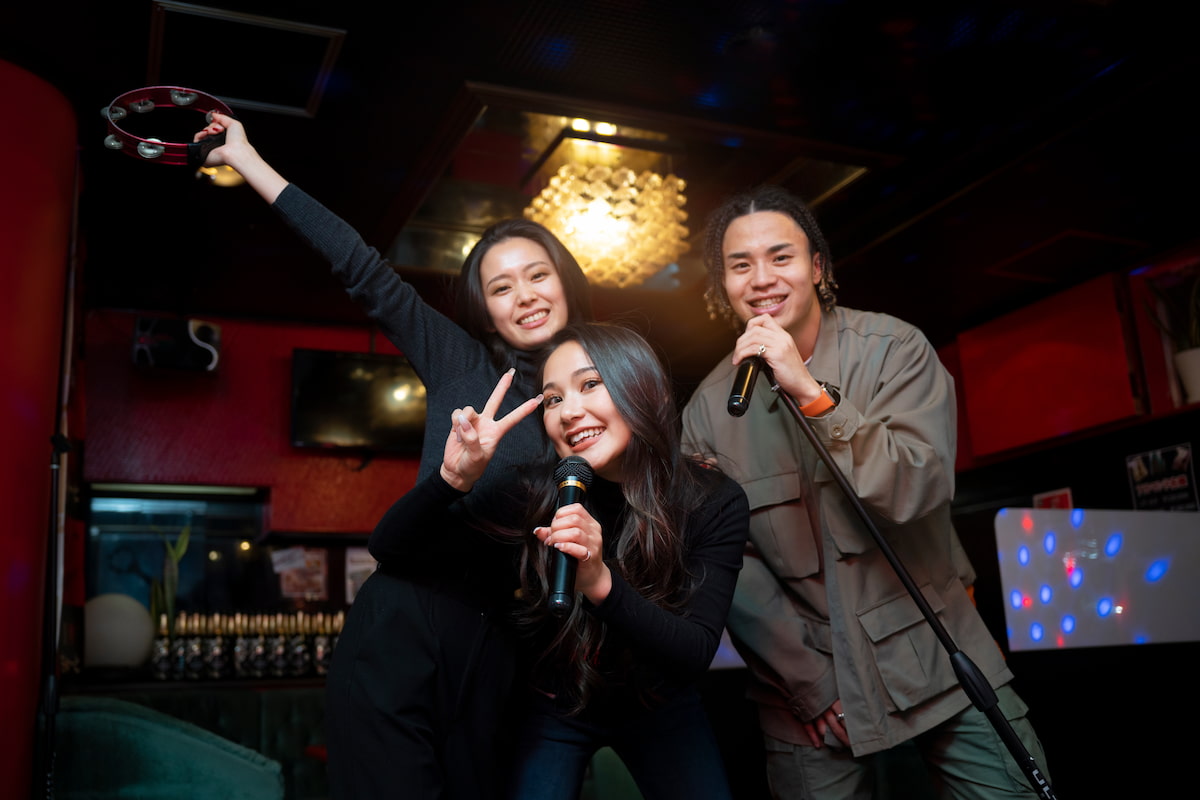In contrast, UMG perceives TikTok as a DSP distributing digital music, conducting its business directly or indirectly through user-generated content and users utilising copyrighted music for their content. Consequently, TikTok is seen as a music platform that leverages and generates content based on copyrighted songs. The platform, indirectly incorporating music through user-generated content, is also obligated to pay flat-rate copyright fees.
Delving into the underlying cause reveals a shift in music listening behaviour. The traditional song model, lasting from three to five minutes, is no longer prevalent. Recent research from RMIT University Vietnam indicates a growing popularity in short music trends (15-30 seconds per song), coupled with an increase in user-generated music content. This aligns with TikTok's fundamental operating model. On TikTok, music products derived from original songs are often more popular and appear more frequently, ranging from tens to hundreds or thousands of times compared to the original song. This depends on the viral nature of the quick music snippet and the creative content of the user. Therefore, UMG feels they are losing out in terms of music copyright fees with TikTok.
UMG has expressed concerns about the growth of AI tools affecting intellectual property on TikTok. Please share your insights on these concerns.
The use of AI in music production raises significant concerns about intellectual property rights, particularly among artists, music publishers, and other entities in the music industry.
Regarding music copyright, obtaining consent from the copyright holder is essential for using recorded audio for commercial purposes. In the current scenario, TikTok is seeking an agreement from UMG to allow users to remix and reinterpret UMG-owned songs using AI tools. This offers a benefit to TikTok users, enabling them to create songs based on originals without extensive musical talent.
However, the reproduction of music content through AI categorises users as owners of that content, even though they are not the original authors or performers. This introduces concerns about copyright issues, resembling a form of “musical plagiarism”. Over time, there is a risk that users might shift towards listening to AI-generated music, resulting in potential revenue loss for copyright holders like UMG and artists.
On the flip side, TikTok, whether intentionally or unintentionally, appears to ignore this issue, showing less serious concern about content created by AI. This comes from the potential for users to leverage AI-generated content, fostering diversity and innovation, and consequently, boosting traffic on TikTok, along with advertising and sales activities.





